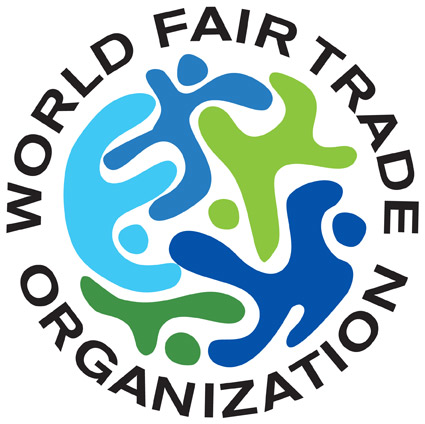Happy Friday everyone, Christine here! Today I want to take a moment not to talk about how our recent literacy workshop went, but to share reasons why our partner artisans want to learn to read and write. Listening to their conversations towards the end of the class caught me a bit by surprise. I recognized the the real existence of educational resource distribution across the world and its real impacts on women and development. This is something which is easy to forget when your information comes from books or news articles which seem pseudo-reality. Let’s take a moment to look a bit more into this situation and how it impacts our artisan partners.
This season’s reading and writing workshops are taught by Alison, a Spanish teacher who has been teaching Spanish reading and writing lessons for Maya Traditions’ partner artisans for four years, sponsored by A Heart for Guatemala. As the class closed, the women were asked what they wanted to learn or take away from the course. Examples were given, such as being able to read government papers, or papers sent to their homes from their children’s’ schools, which they all nodded to, accompanied by “si, si” and “ahaaa.” After the question was asked in Spanish with not much response, the question was clarified to them in K’iche. “Los derechos,” one of the women then responded to the teacher. With further explanation she described her friend who isn’t allowed to leave her house because her husband did not give her permission to leave the house to attend the literacy course, because he wishes for her to stay home and attend to their family .
At first thought, I was shocked to hear this. Then, I recognized that I need to be aware of the cultural differences between the marriage relationships in the K’iche culture and my own that I am use to. After speaking to one of the young women afterwards, she told me that she was still single because being married means that a woman needs permission to leave the house and make decisions. Thinking back to the woman who said she wanted to learn her rights (I also should add that the other women agreed with her). This issue, that rights are not known and that documents from the government or important institutions are not understood is not uncommon. There are 21 official languages recognized in Guatemala, and of those, the government and the schools mostly communicate in only Spanish, as it is the official language of Guatemala.
Many communities, such as the communities where our artisan partners live, fully function in a language that is not Spanish. For this reason, many people across Guatemala including our partner weavers may not speak Spanish, more than numbers and basic greetings. Also, it is important to recognize that in communities such as these many adults were not able to finish elementary school because they needed to support their families bring income into the home to help pay for basic amenities such as food, water, electricity, etc.
And so, although these classes just look like basic reading and writing classes in Spanish, they are much more. Some of these women are learning Spanish for the first time. Some of these women will be able to study with their children,
in time, if they continue learning to read and write, can help their younger children study. Moreover, being able to communicate in Spanish opens many doors economically, because they are then able to interact with the greater
Guatemala which means more economic and social opportunities for them to work towards or take advantage of. As a nonprofit social enterprise which is newly World Fair Trade Organization certified, we look to continue working
with our partner artisans while continuing to offer educational programs such as literacy courses to artisans and scholarship to their children.

As always, thank you for partnering with us through the purchase of our textiles, joining us for one of our Maya community or medicinal plant tours, volunteer work, or donations!

Member of the
World Fair Trade Organization